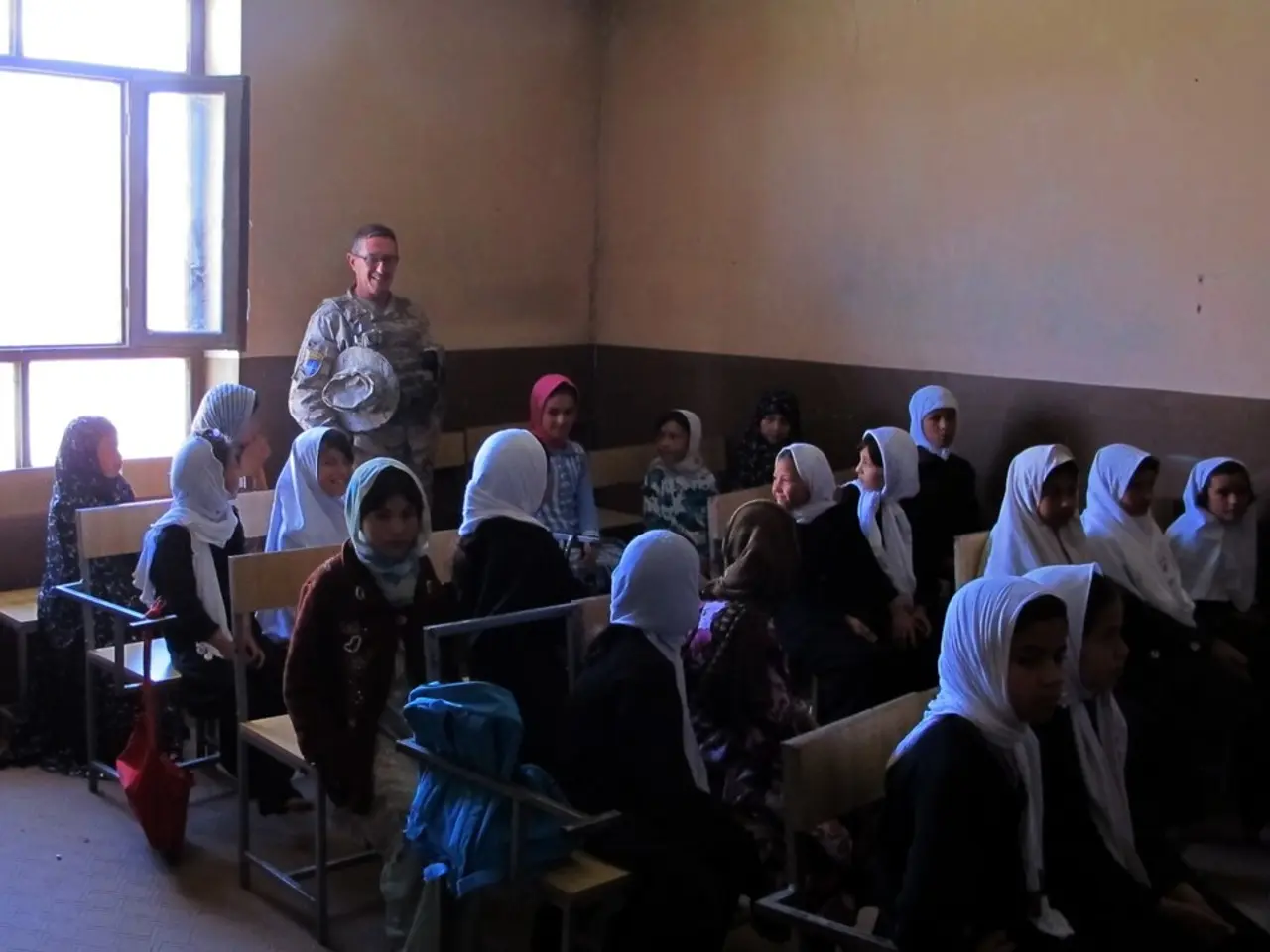Quality of Research Often Fails to Influence School Teaching. What's the Cause?
The University of Tübingen's Hector Institute and the Technical University of Chemnitz's ZLB are leading the way in education research and practice. Both institutions focus on interdisciplinary, evidence-based research to improve teaching and learning, and offer degree programmes that train education experts to apply these insights in real-world scenarios. The ZLB, in particular, integrates teacher education with research and practical cooperation with local schools, with a focus on developing teacher competencies through research-informed curriculum and professional development.
However, a significant challenge persists: many leaders making key decisions about programmes, policies, and educational materials are unable to reliably identify rigorous evidence. This issue is compounded by the fact that most recommendations in educational guides are based on evidence from the lowest tiers under the federal Every Student Succeeds Act, requiring only a "rationale" or correlational support.
To address this, it is crucial that universities prioritise credible research that solves real problems in the field and teacher training that reflects these insights. For instance, the National Reading Panel, in its 2000 report, articulated an evidence-based consensus on reading instruction that emphasised promoting phonemic awareness and phonics among early readers.
Moreover, continuous improvement efforts often fail in education because the leaders promoting change don't empower the front-line professionals needed for true success. To overcome this, state and district leaders can authorise local improvement teams and provide relevant supports. Focused federal, state, and local investments in data systems and messaging platforms can also provide a cost-effective and scalable solution to chronic absenteeism. Real-time attendance monitoring coupled with low-cost messaging to parents and caregivers can reduce chronic absenteeism by up to 20%.
In addition, the AP Computer Science Principles course has attracted a more diverse group of students without reducing engagement in the original course. The growth in AP Computer Science Principles is largely attributed to the introduction of this more recent course. This success underscores the importance of embracing opportunities for quick and meaningful wins with evidentiary support, low financial costs, and scalability.
However, it's not all positive news. Key indicators of student learning have been in decline, particularly among vulnerable students, for over a decade. This decline, coupled with funding cuts for schools, data, and research, poses a significant challenge. The federal Department of Education is currently under threat of abolishment, further exacerbating these issues.
Inclusive school practices are being restricted, and many academics who direct teacher-training programmes are siloed from and hostile to the evidence-based consensus on reading instruction. To improve reading instruction on a national scale, it will require changes in curricula in many preservice teacher-training programmes.
In conclusion, to deliver for today's students, it is essential to prioritise evidence-based approaches, continuous improvement, and the empowerment of front-line educators. By doing so, we can ensure that our educational system is equipped to meet the challenges of the 21st century.
Read also:
- Peptide YY (PYY): Exploring its Role in Appetite Suppression, Intestinal Health, and Cognitive Links
- Toddler Health: Rotavirus Signs, Origins, and Potential Complications
- Digestive issues and heart discomfort: Root causes and associated health conditions
- House Infernos: Deadly Hazards Surpassing the Flames








